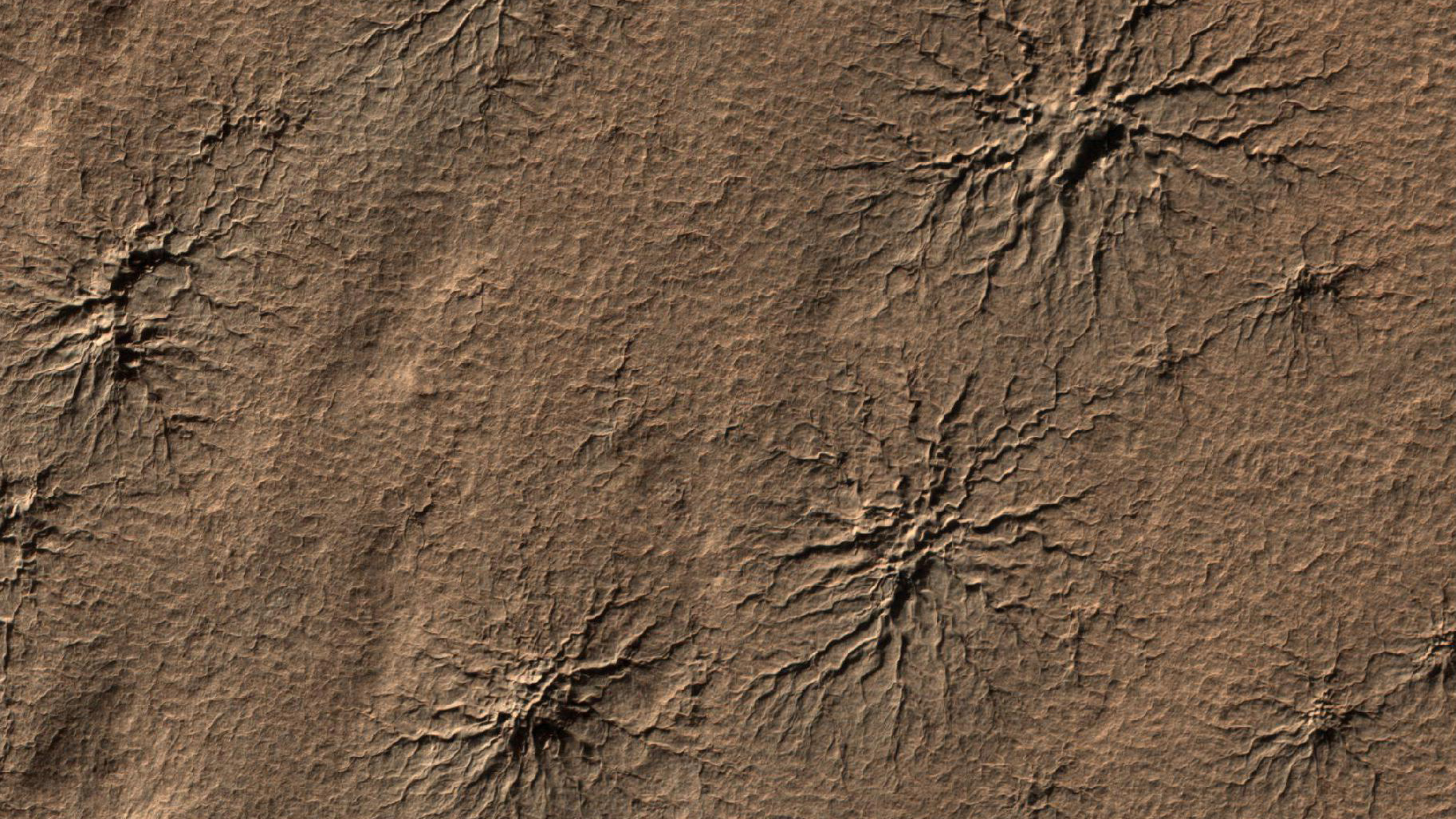

JPL holds a unique place in the universe. We are a leader in robotic space exploration, sending rovers to Mars, probes into the farthest reaches of the solar system, and satellites to advance understanding of our home planet.
October 31, 1936
Dr. Laurie Leshin
NASA Scientists Re-Create Mars ‘Spiders’ in a Lab for First Time

NASA JPL Scientists, Engineers Collaborate With Artists for Exhibition


NASA Invites Media to View Launch of Jupiter Moon Mission

NASA JPL Developing Underwater Robots to Venture Deep Below Polar Ice

Work Is Under Way on NASA’s Next-Generation Asteroid Hunter
Have you ever wondered were the rovers we send to Mars are built, or where spacecraft that explore the cosmos return their data to Earth? In a typical year, over 30,000 people visit NASA’s Jet Propulsion Laboratory in-person; now, you can see the Southern California facility from anywhere in the world on a virtual tour.

A leader in robotic space exploration, JPL has sent rovers to Mars, probes to our solar system’s farthest reaches, telescopes into space to study the universe, and satellites into Earth orbit to better understand our home planet.

Studying Earth from land, air, sea, and space to better understand and manage our dynamic planet.

Creating robotic explorers throughout our solar system to study the complex processes that have shaped the worlds within it and whether life exists elsewhere.

Pinpointing the paths of comets and asteroids that may pass close to Earth.

Exploring the deepest reaches of the universe to understand the forces that shape it and to search for new worlds beyond our solar system.

Developing technology to further our exploration of the universe and improve life on Earth.
Missions and instruments built or managed by JPL for NASA have visited every planet in our solar system as well as the Sun. While some provide key science data about our home planet, others have peered into the universe to locate planets around other stars.
Current missions that JPL has led or partnered on, such as GRACE-FO, the Curiosity and Perseverance Mars rovers, and the Ingenuity Mars helicopter continue the national laboratory’s long tradition, of being on the leading edge of robotic space exploration.

Missions and instruments built or managed by JPL for NASA have visited every planet in our solar system as well as the Sun. While some provide key science data about our home planet, others have peered into the universe to locate planets around other stars.
Starting with the launch of Explorer 1 in 1958, JPL has played a key role in developing more than 100 missions and science instruments designed to provide humanity deep insights into our Earth, our solar system, and what lies beyond. Pioneering JPL missions such as Mariner, Surveyor, Galileo, Cassini, and Mars Pathfinder have transformed how we explore space and what we know about the worlds within our solar system.

Missions and instruments built or managed by JPL for NASA have visited every planet in our solar system as well as the Sun. While some provide key science data about our home planet, others have peered into the universe to locate planets around other stars.
From its earliest days with NASA, JPL has always focused on the leading edge of space exploration. Missions and science instruments being developed right now at JPL will offer unprecedented insights into potentially hazardous near-Earth objects, the complexities leading to natural disasters on Earth, and searching for habitable conditions in the subsurface ocean of Jupiter’s icy moon Europa. JPL is also helping to lead the effort to bring rock samples from Mars to Earth for closer study.